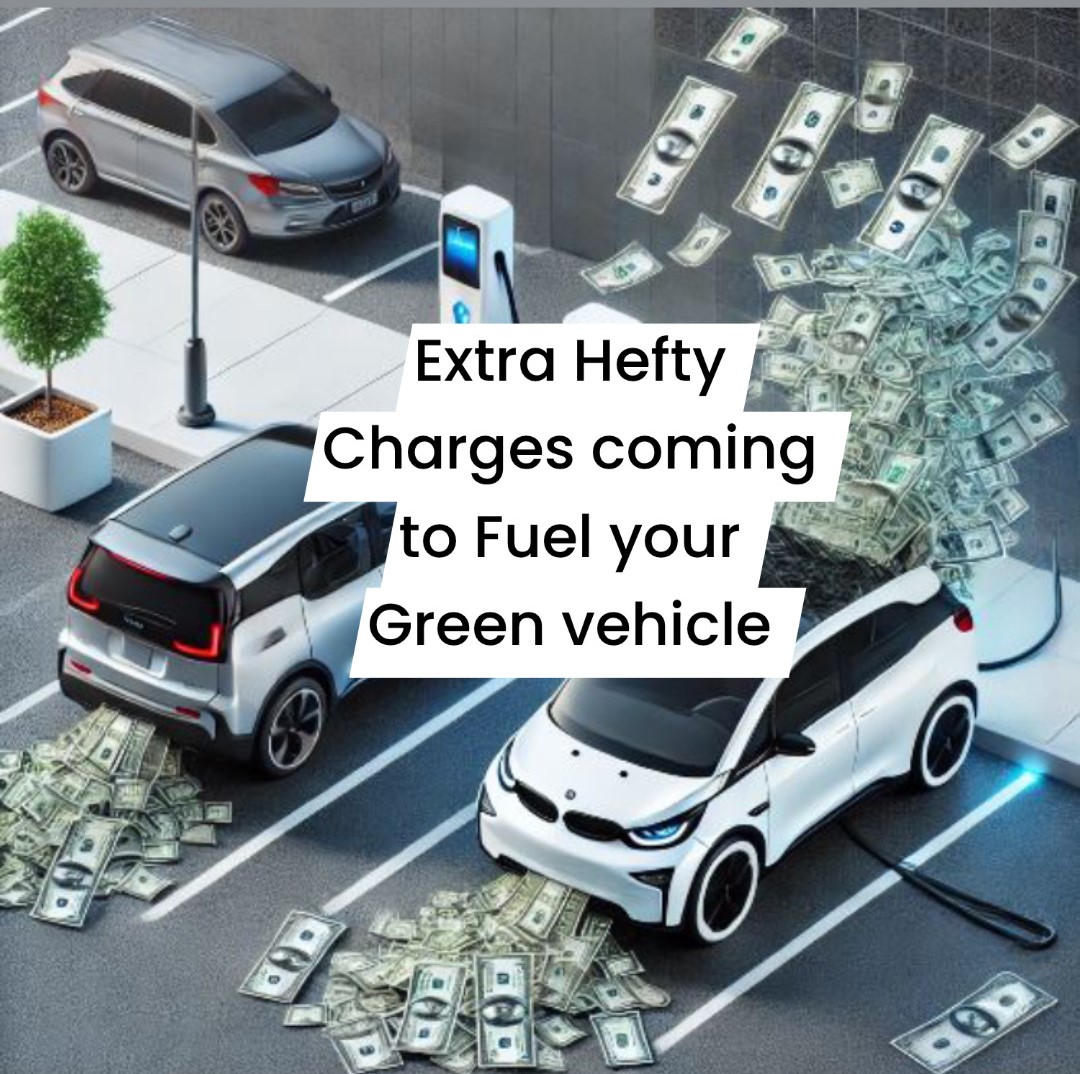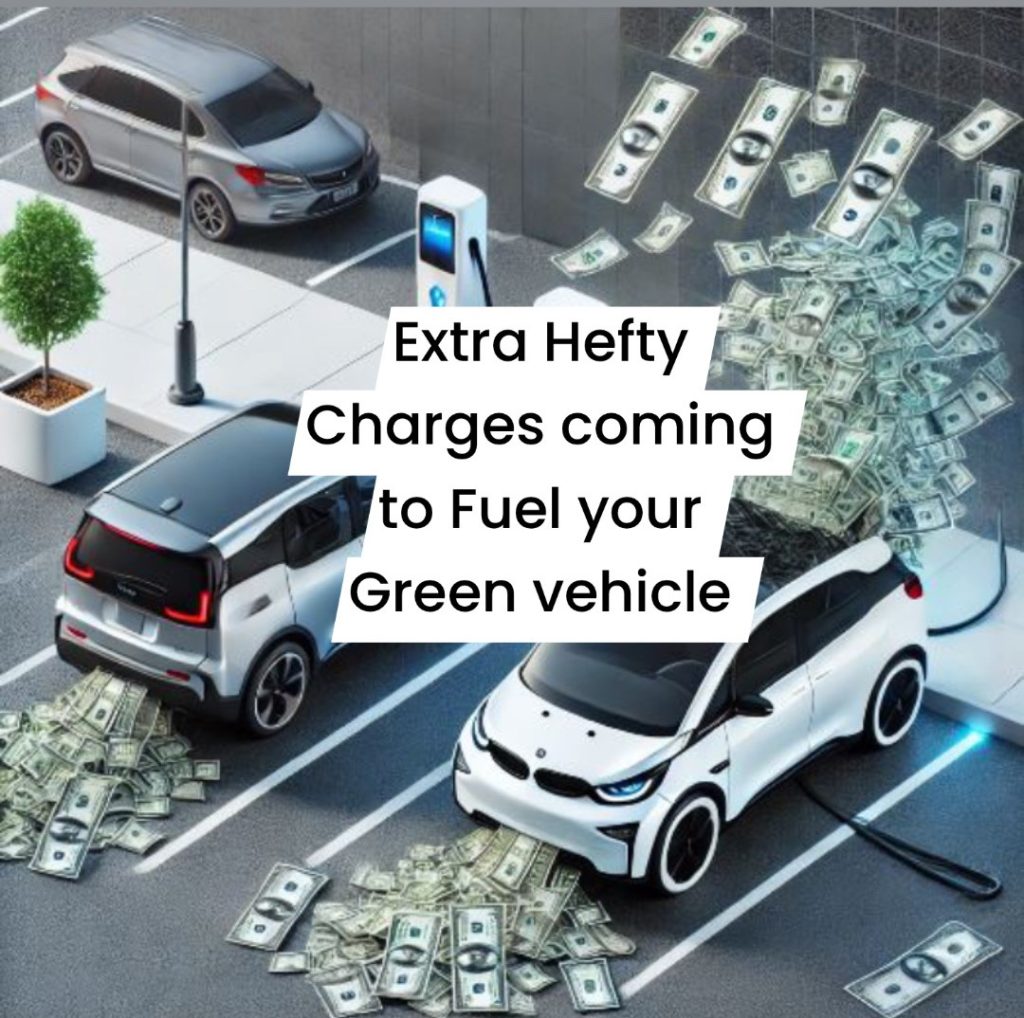EVs Will Cost $375 More Every 15,000 Kilometers Driven – Are Hybrids a Better Bet?
Western Australia’s transition to electric vehicles (EVs) may be hitting a bumpy road. A new projection reveals that by 2027, EV owners will fork out up to $375 more every 15,000 kilometers, driving costs up due to a new per-kilometer charge that will sting the wallets of eco-conscious drivers.

What’s fueling this surge? Starting in 2027, a 2.5 cent-per-kilometer tax will be imposed on electric vehicle drivers. That’s right—every kilometer you cruise in your Tesla or Nissan Leaf will come with a price tag. This tax may seem small, but over the course of 15,000 kilometers (the average distance an Aussie driver covers annually), it adds up to an extra $375 per year.
In comparison, hybrid vehicles—like the ever-popular Toyota Camry —will fare slightly better, facing a 2 cent-per-kilometer charge. Hybrid drivers will still feel the burn but will save a modest $75 annually compared to their fully electric counterparts.
But that’s not the only shocker.
From July 1st, 2024, all EV and hybrid drivers in WA are already dealing with a jolt to their electricity bills. The state introduced a 32-cent-per-kilowatt-hour (kWh) charge that has caused many to question whether going green really pays off in the long run. While electric vehicles are still far more fuel-efficient and environmentally friendly than gas-guzzlers, these extra charges are eroding the cost savings that initially lured drivers to make the switch.
So what does this mean for the future of electric driving in WA?
For starters, the tax could slow the adoption of electric vehicles as many potential buyers reconsider their options. While EVs promise lower carbon emissions and a greener future, these financial bumps in the road may deter middle-class families from jumping on the eco-bandwagon.
More importantly, this growing cost burden highlights a broader question: is the government doing enough to incentivize EV adoption, or is it merely adding more roadblocks? While electric cars were initially seen as the future of affordable driving, the looming charges raise concerns that the dream of clean, low-cost transport may be just that—a dream.
Drivers will soon be asking: Are hybrids the smarter, more cost-effective option, or is it time to hit the brakes on EVs altogether?
As we inch closer to 2027, the pressure mounts on both consumers and the government to strike a balance between funding the road infrastructure of tomorrow and keeping eco-conscious driving within financial reach. For now, it’s clear—owning an EV is about to become a lot more expensive.
Are you ready to pay up to drive green? Let us know in the comments!


